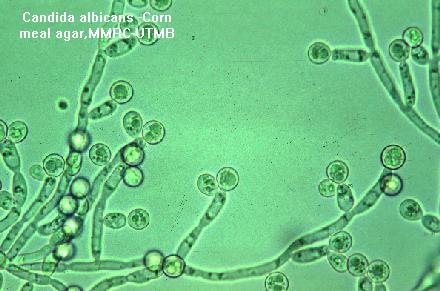

You want to work out, but it’s not easy! Some also experience headaches or migraines which can be debilitating. Unexplained joint pain makes it hard to keep up with your exercise routine, and that lack of exercise is only worsening your other symptoms. You experience mood swings and frustration for no obvious reason – or you frequently feel anxious or depressed, even though you are doing your best to look after your emotional well-being.Ħ.

Your digestion feels out of whack, with a lot of gassiness and bloating.ĥ. Speaking of embarrassment, you may suffer from toenail fungal infections or unexplained itchy foot rashes.Ĥ. You feel itchy all over, especially, and sometimes embarrassingly, in the anal or vaginal areas. (Candida wants to keep multiplying, so a taste of sugar will leave you wanting more!)Ģ. Despite your best intentions, you have strong cravings for sugar and carbohydrates. What are the symptoms of systemic Candida?ġ. If you’re experiencing autoimmune symptoms, wondering why your thinking has been foggy recently, or trying to figure out troublesome digestive and liver issues, it’s possible that a systemic Candida overgrowth could be the underlying problem. Candida overgrowth is often overlooked or misdiagnosed because the symptoms vary so greatly. This can lead to a number of symptoms ranging from inflammation and digestive upset, to autoimmune diseases. When the immune system is faced with these unknown invaders, it kicks into overdrive trying to neutralize the threat in any way it can. As the name suggests, leaky gut syndrome causes undigested food, bacteria, and toxins to ‘leak’ from your intestine into your bloodstream. When Candida grows unchecked, it can permeate into the lining of your intestine leading to ‘leaky gut’ syndrome. How does systemic Candida overgrowth work? When beneficial gut bacteria decrease and yeast multiplies, the overall effect on our bodies can be far-reaching.

In contrast, a systemic Candida overgrowth can be much more subtle – although it’s impact may be more troublesome. These reactions are typically immediately noticeable – and very irritating. A vaginal yeast infection causes redness, swelling, and itchiness, and produces an unpleasant white discharge. A Candida infection in the mouth is called oral thrush, and is marked by white, bumpy patches in the mouth and on the tongue, as well as difficulty swallowing. Most people are familiar with the different kinds of yeast infections. Is systemic Candida the same as a yeast infection? Estrogen dominance, birth control pills and stress can all multiply the amount of yeast in our systems. For example, we can lose beneficial bacteria after taking a round of antibiotics, or power Candida’s growth by bingeing on sugar or alcohol. This delicate balance is, however, easily disturbed. When circumstances are ideal, our gut bacteria keeps intestinal yeast growth in check, creating a harmonious balance between bacteria and yeast. However, as anyone who’s ever baked bread knows, yeast likes to grow (it is a fungus, after all). Under optimal conditions, Candida plays a valuable role in our digestive systems, since we need small amounts of candida in our mouths and throughout our digestive system in order to fully digest our food. What is Candida Albicans?Ĭandida albicans is the most common kind of yeast that co-exists with humans.
CANDIDA OVERGROWTH TEST SKIN
White coating on your tongue? Foggy feeling in your head? Mysterious skin rashes? Bloating and irregular digestive function? Always needing to eat something sweet? You could be suffering from yeast overgrowth. Our practitioners’ approach to Candida from our clinic in London is nearly the opposite view, in that we believe Candida to be a very serious and debilitating condition that can cause a myriad of strange symptoms.Ĭandida symptoms are unique to each individual and, although there is a reoccurring pattern for the most part with digestive complaints, such as gas, bloating, diarrhea, constipation, however, we also see a lot of symptoms outside the gut such as acne, depression and anxiety.Candida: are you or your child experiencing yeast overgrowth? Because of this, UK Candida testing is unfortunately substandard in comparison to some of the labs we use at the clinic. One of the unfortunate problems with Candida is its recognition within the current conventional medical community and it’s still not seen, or more importantly, not given the recognition as a serious condition that can be very debilitating for those that suffer from it. Generally, it will be a combination of a couple of issues that will cause Candida to overgrow. Candida can have a multifactorial cause including, a high sugar diet, a course of antibiotics, chronic stress, a high inflammatory diet seen in the Western world and too much alcohol.


 0 kommentar(er)
0 kommentar(er)
